Teaching global citizenship education in New Zealand through a Centres of Asia-Pacific Excellence framework.
Global citizenship education
Global citizenship education encourages young people to think critically about the challenges facing our world today and respond in ways that create a more equitable, inclusive and sustainable future. Teaching global citizenship education requires a holistic and interwoven approach.
The Centres of Asia-Pacific Excellence have developed a framework to teach global citizenship education in a way that reflects our unique geographical positioning within the Asia-Pacific region. In this clip, Dr Donella Cobb from the University of Waikato’s Centre for Global Studies in Education introduces this conceptual framework.
This framework is underpinned by four interwoven concepts that guide young people towards transformative action and sustainable change.
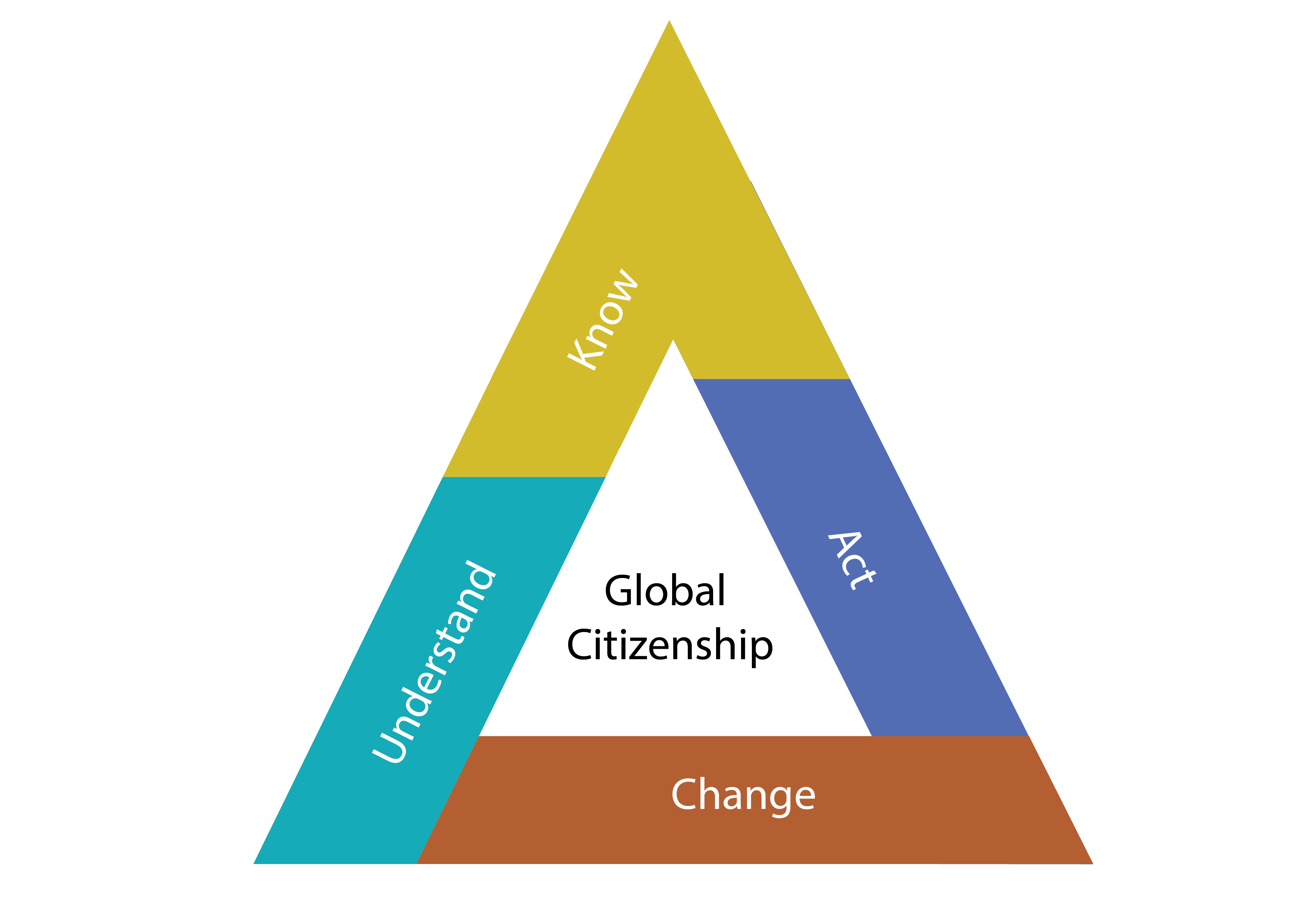
These concepts teach learners to:
understand three big ideas about global citizenship
know about global citizenship through local and global contexts
act in response to global challenges, inequalities and injustice
change the future through critically evaluating change.
Each of these four concepts is explained below.
Understand global citizenship
Global citizenship education is underpinned by three big ideas. When taught together, these three big ideas provide a holistic and comprehensive understanding of global citizenship. These three big ideas include understanding:
Identity
Connections
Responsibility
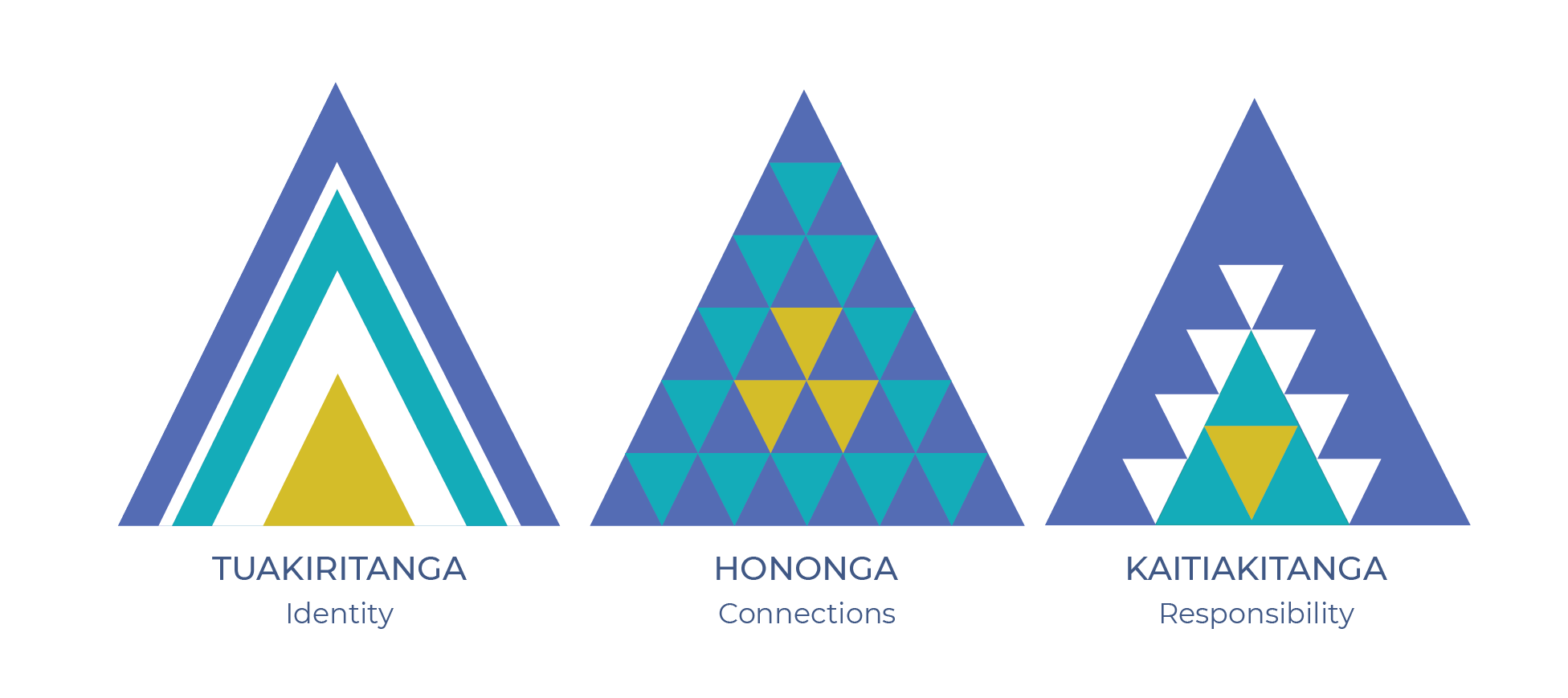
Identity aims to strengthen young people’s awareness of who they are in the world through relationships with people, place and environment.
Connections foster curiosity to learn about, learn with and learn through cultures, languages, people and places within our local and global communities.
Responsibility invites young people to work collaboratively to identify, critically examine and creatively respond to the challenges facing our world today.
In this clip, Dr Donella Cobb from the University of Waikato’s Centre for Global Studies in Education talks about the three big ideas that underpin global citizenship education in Aotearoa New Zealand. These have since been updated to Identity, Connections and Responsibility but the concepts behind them remain the same. Responsibility shifts the emphasis from problems to solutions.
The colours in the visual framework reflect taiao (environment), hononga (connection) and Te Kore (the nothingness: the realm of potential).
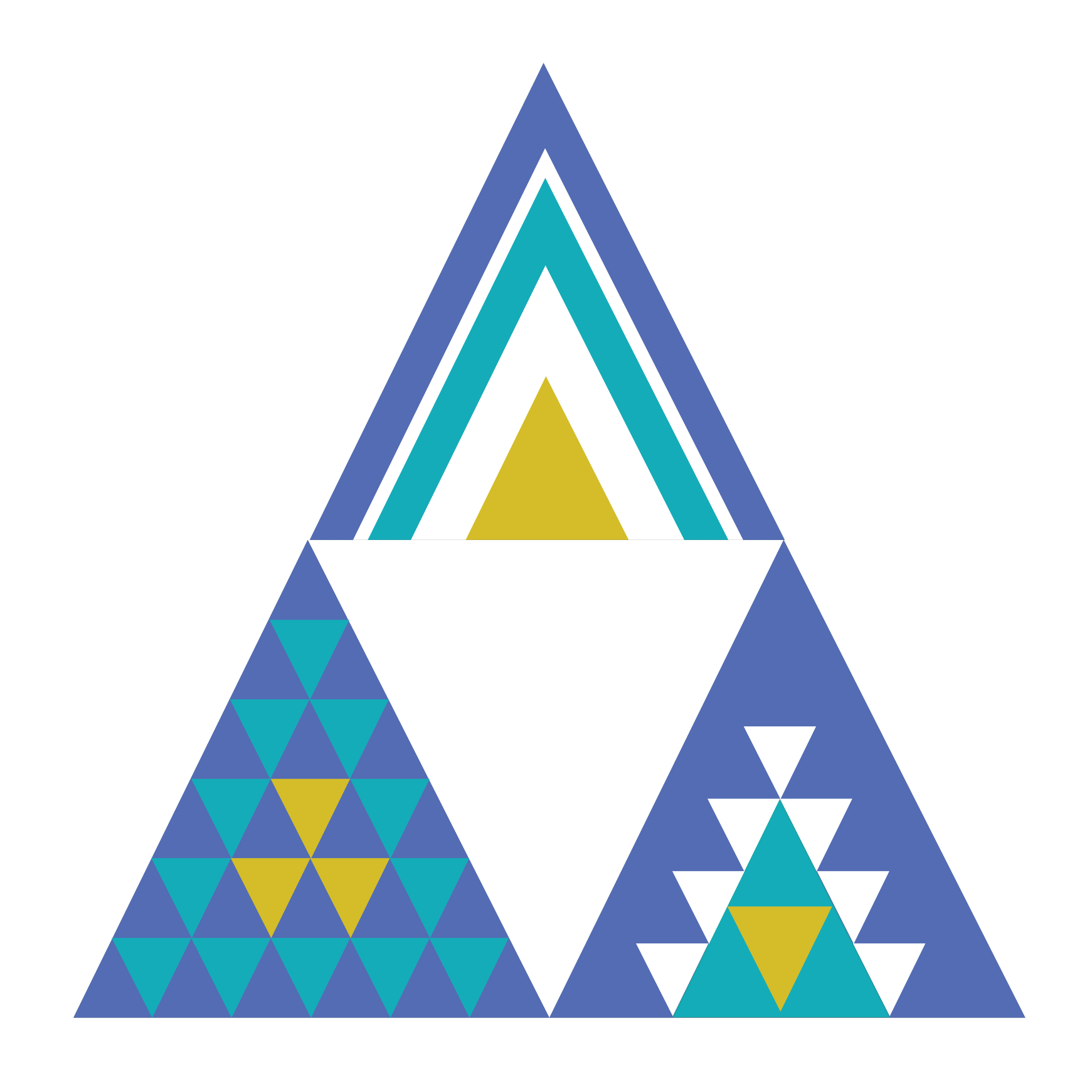
Together, these colours communicate the potential that exists when young people connect with each other and the environment – both within Aotearoa and within the wider world. These colours also reflect the transformative potential when young people are empowered towards collaborative action to achieve inclusive, sustainable and culturally responsive changes for the future.
Know about context
Young people learn about global citizenship through context. Knowing about local and global contexts helps young people to understand the three big ideas that underpin global citizenship (global identity, global connections and global challenges).
Knowing about the histories, stories, cultures, languages, customs, environment and geographies that are unique to each context enables learners to develop a deep sense of identity. It also helps them to build strong and meaningful connections and to develop the knowledge to effectively respond to global challenges.
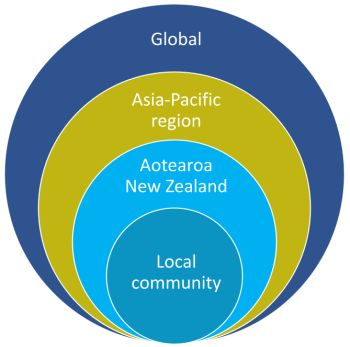
These are some contexts for learning about global citizenship:
Local community: Young people develop a strong sense of belonging when they are grounded within their local communities, iwi and hapū. Knowing their local histories, stories, legends and environment helps learners to develop a strong sense of their identity. Building authentic relationships supports learners to develop a deeper awareness, understanding and appreciation of the cultures and languages within their community. The local community also provides an important context through which to respond to global issues and challenges.
Aotearoa New Zealand: Equipping learners with the knowledge and skills to respond to the challenges facing our world today comes from strengthening their knowledge about the Tiriti o Waitangi/the Treaty of Waitangi and the histories that have shaped Aotearoa New Zealand as well as the environmental challenges and socioeconomic inequalities that impact on our collective wellbeing.
Asia-Pacific region: Aotearoa New Zealand is geographically positioned within the Asia-Pacific region and shares important connections with our Pacific, North Asia, Southeast Asia and Latin America neighbours. Young people learn about global citizenship by developing knowledge of the cultures, languages, histories and environments within the Asia-Pacific region.
Global: As members of the global community, understanding the challenges and inequalities facing our world today comes from knowing about the diverse geographies, environments, cultures, languages, histories and political systems within our world.
Act responsibly
Young people are encouraged to take collaborative action within their classrooms, kura, schools and/or local communities to respond to the challenges, injustice and inequalities that affect our shared humanity.
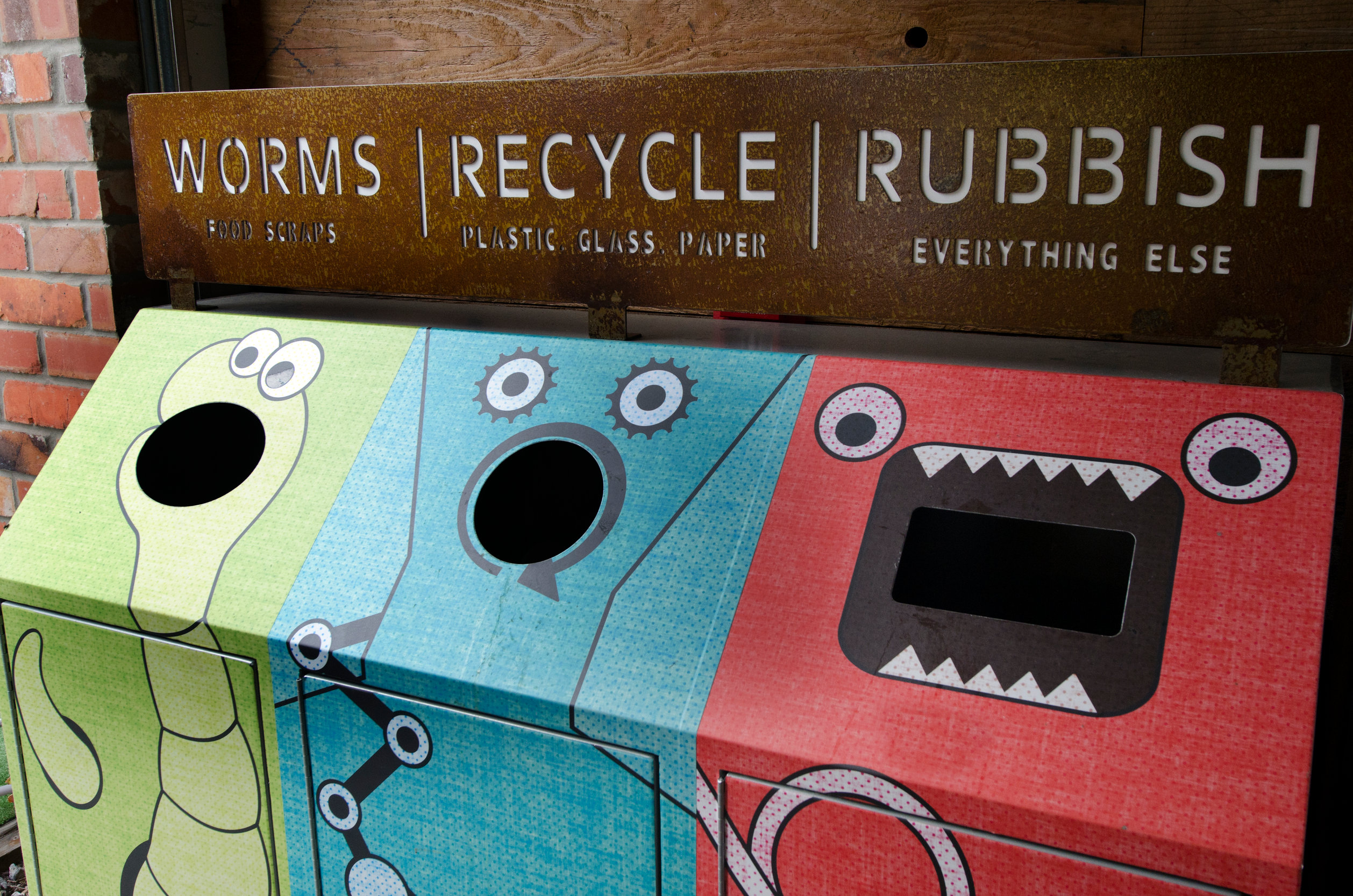
Learners are taught how to ask questions, challenge assumptions and learn about global challenges from a range of perspectives, experiences and sources. Taking action requires young people to:
investigate the impact of these global challenges on themselves, their whānau, their local communities and Aotearoa New Zealand
reflect on prior experiences, understandings, assumptions and bias
critically analyse, synthesise and evaluate information presented in media, social media and online platforms to identify and challenge bias, assumptions and stereotypes
identify and justify the best course of action by critically evaluating possible actions and critically reflecting on intended outcomes
take collaborative and collective action by working alongside peers, organisations and experts, both within and beyond their classrooms, kura and/or school.
Evaluate change
Evaluating change ensures that action results in sustainable, inclusive, culturally responsive and socially just change. Young people are encouraged to critically evaluate the outcome and impact of their actions.

Evaluating change requires young people to:
reflect on changes in their own attitudes, behaviours and actions
evaluate action by critically examining the impact on key stakeholders within their local and global communities
reflect on outcomes by identifying whether action has contributed towards a more socially just, equitable, inclusive and sustainable future
make recommendations, identify next steps, and evaluate future courses of action.
